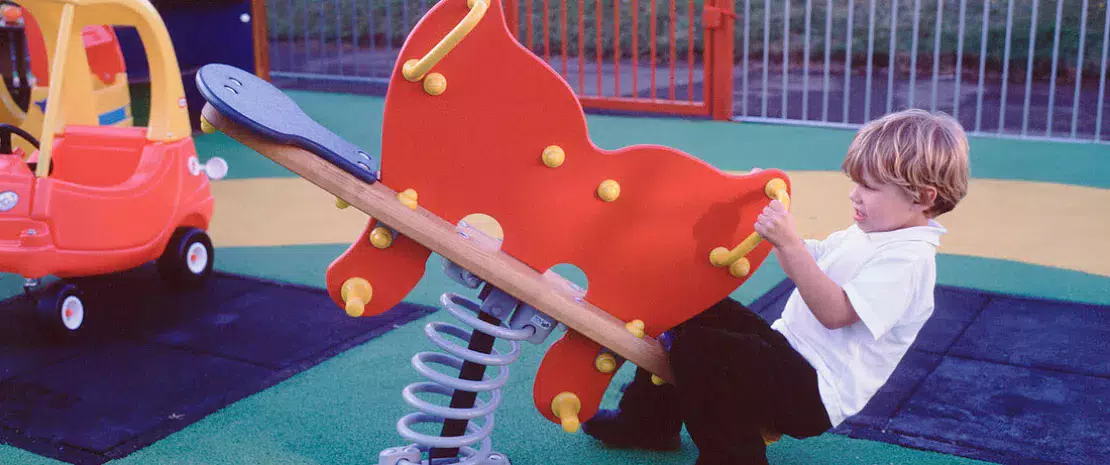Robust microbial signature for autism was discovered thanks to AI
Using artificial intelligence (AI) and machine learning techniques, researchers have identified 26 bacterial taxa in the gut microbiota that can distinguish children with an autism spectrum disorder (ASD) from those without ASD.
Lay public section
Find here your dedicated section
Sources
This article is based on scientific information

About this article
Could AI revolutionize our understanding, diagnosis, and management of ASD?
This is one of the questions a team of Dutch researchers has tried to shed some light on. The results of their study have just been published in Scientific Reports. 1
Thanks to machine learning, these scientists were able to identify 26 bacterial taxa characteristic of the gut microbiota of children suffering from autism. This discovery opens the door to new diagnostic techniques and provides potential targets for therapeutic intervention.
Overcoming dietary and lifestyle biases
To unearth these findings, Lucia Peralta-Marzal and her team used data on gut microbiota composition from 60 autistic American children aged 2 to 7 years and 57 of their siblings not affected by the disorder (control group).
By choosing children from the same sibling group, the scientists sought to reduce biases – common in traditional statistical analyses – linked to diet, living environment, and lifestyle. Their goal was to identify a gut microbial signature specifically linked to ASD.
What does the microbiota of autistic children look like?
An analysis of the gut microbiota of children with ASD in the three cohorts used by Lucia Peralta-Marzal’s team indicates that there are:
- fewer bifidobacteria: in previous studies, this bacterial group had been correlated with alterations in the metabolism of tryptophan, a compound associated with ASD severity;
- abnormal levels of Clostridia: these bacteria are known to be associated with increased susceptibility to neurodevelopmental disorders and certain behavioral parameters in ASD;
- a reduction in Butyricicoccus: work on animal models of ASD has shown that these bacteria recover in the event of fecal microbiota transplantation (FMT).
The researchers analyzed raw 16S rRNA gene sequencing data extracted from the gut microbiota of the children in the cohort using an algorithm called recursive ensemble feature selection (REFS) based on machine learning.
This sub-domain of AI, which uses algorithms to discover patterns in datasets, enabled them to identify 26 amplicon sequence variants (ASVs). These ASVs correspond to 26 bacterial taxa capable of differentiating the children with autism from those in the control group.
5 things you need to know about ASD
- In the United States, 1 in 36 children suffers from ASD, with a ratio of 4 boys to every girl. 2
- While the underlying causes of these disorders remain unclear, genetic and environmental factors (prenatal exposure to air pollutants and pesticides, maternal obesity and
- immune disorders, premature birth, etc.) appear to play a major role. 3
- There are clear differences in microbial composition in the gut of people with ASD compared with control populations, and the microbiota may contribute to symptoms. 4
- People affected by this disease generally suffer from gastrointestinal disorders (diarrhea, constipation, abdominal pain, etc.), which are correlated with the severity of ASD. 5
- In a Phase 1 clinical trial, fecal microbiota transplantation (FMT) significantly improved behavioral scores and gastrointestinal symptoms. 6
A precise, robust, and validated predictive tool
By using these 26 taxa to analyze the same type of data, but this time from two Chinese cohorts (223 children, including 125 with ASD), Lucia Peralta-Marzal and her team succeeded in confirming the ability of this signature to identify autistic children, thus demonstrating the signature’s reliability and reproducibility.
They calculated the average area under the curve (AUC) to be 81.6% in the US cohort and 74.8% and 74%, respectively, in the Chinese cohorts, proving that confounding factors such as lifestyle do not alter this signature.
Further studies will be needed to understand the role of the 26 taxa in the pathophysiology of ASD. However, this signature can already be used for diagnostic purposes and to provide new information on the molecular mechanisms at play in the microbiota-gut-brain axis.
In any case, the study confirms that the gut microbiota is strongly associated with ASD and should not be overlooked as a potential target for therapeutic intervention.
Everything you need to know about the microbiota gut-brain axis
1. Peralta-Marzal LN, Rojas-Velazquez D, Rigters D, et al. A robust microbiome signature for autism spectrum disorder across different studies using machine learning. Sci Rep. 2024 Jan 8;14(1):814.
2. Centers for Disease Control and Prevention
3. National Institute of Environmental Health Sciences
4. Ding X, Xu Y, Zhang X, et al. Gut microbiota changes in patients with autism spectrum disorders. J Psychiatr Res. 2020 Oct;129:149-159.
5. Lefter R, Ciobica A, Timofte D, et al. A Descriptive Review on the Prevalence of Gastrointestinal Disturbances and Their Multiple Associations in Autism Spectrum Disorder. Medicina (Kaunas). 2019 Dec 27;56(1):11.
6. https://www.biocodexmicrobiotainstitute.com/en/pro/autism-new-fecal-microbiota-transplant-protocol-shows-promising-results











